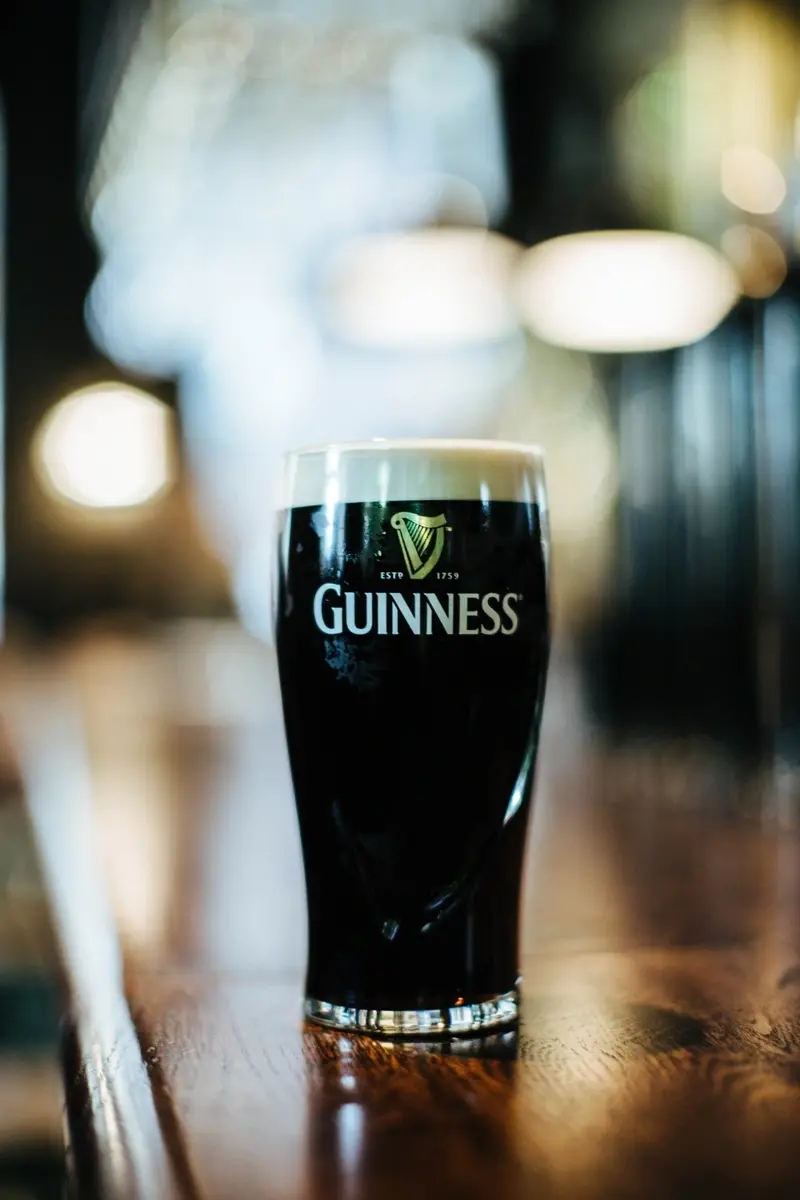
London’s FTSE 100 ended lower on Friday, as the pound surged to a more than two-week high and approached the $1.25 mark on the back of decent UK data and as hopes of a ‘softer approach’ to tariffs from the US administration hurt the dollar.
The FTSE 100 index ended 62.85 points, 0.7%, at 8,502.35. The FTSE 250 lost just 2.34 points at 20,518.05, and the AIM All-Share fell 5.81 points, 0.8%, at 715.05.
For the week, the FTSE 100 declined ever-so-slightly. The FTSE 250 lost 0.4% and the AIM All-Share eased 0.6%.
The Cboe UK 100 ended down 0.8% at 852.20 on Friday, the Cboe UK 250 lost 0.1% at 17,891.43, and the Cboe Small Companies fell 0.3% to 15,985.58.
In European equities on Friday, the CAC 40 in Paris ended up 0.4%, while the DAX 40 in Frankfurt fell 0.1%.
In New York, the Dow Jones Industrial Average was down 0.2%, the S&P 500 was marginally lower, while the Nasdaq Composite was down 0.1%.
Despite equities struggling for momentum on Friday, the mood this week has been somewhat positive when it comes to tariffs.
‘Global markets closed the week with a tone of moderate optimism, driven by President Trump’s statements at the World Economic Forum, where he advocated for an immediate reduction in interest rates and a softer approach to imposing tariffs on China. However, uncertainty regarding the trade and fiscal policies of the new US administration, coupled with mixed economic data, kept investors cautious,’ Pepperstone analyst Quasar Elizundia commented.
US private sector growth ebbed to a nine-month low at the start of the year, a survey showed Friday, though the manufacturing economy returned to minor growth.
S&P Global’s flash composite purchasing managers’ index fell to 52.4 points in January, from December’s final tally of 55.4. The reading, closer to the 50.0 mark which separates growth from decline, was the weakest in nine months.
‘A return to growth in the manufacturing sector for the first time in six months was accompanied by sustained, but slower, service sector growth,’ S&P Global said.
Supporting the pound, the flash UK purchasing managers’ composite output index improved to 50.9 in January from 50.4 in December, outperforming the consensus estimate of a fall to 50.0.
The pound was quoted at $1.2490 late on Friday afternoon in London, up markedly from $1.2343 at the equities close on Thursday. The euro stood higher at $1.0510, against $1.0409. Against the yen, the dollar was trading lower at JP¥155.70 compared to JP¥156.02.
Convera analyst George Vessey commented: ‘Following President Trump’s comments at Davos, investors are now focused on next week’s Fed monetary policy meeting. After 100bp of rate cuts, the Fed has signaled it needs evidence of economic weakness and more subdued inflation prints to justify further policy loosening. President Trump’s low tax and light-touch regulation policies should be good news for growth, while immigration controls and trade tariffs provide upside risk for prices, suggesting we might have a long wait for the next cut.
‘The climb in GBP/USD towards $1.24 results from fresh USD weakness as traders mull over Trump’s trade dialogue.’
Next week, there is a Federal Reserve decision on Wednesday, before a European Central Bank rate call on Thursday.
The economic calendar is quiet, with Chinese PMI data overnight on Monday.
Brent oil was quoted lower at $77.35 a barrel at the time of the equities close in London on Friday, down from $78.14 on Thursday. Gold was higher at $2,774.82 an ounce against $2,756.70. Gold rose as high as $2,785.98, just shy of its best-ever level.
Russian President Vladimir Putin on Friday praised Trump as ‘pragmatic’ and ‘smart’, saying he did not believe the US president would force global oil prices lower in a bid to damage Moscow.
‘He is not only a smart person, but a pragmatic person,’ Putin told state media. He said oil prices that were either ‘too high or ’too low‘ were bad for both the Russian and American economies, adding: ’I have a hard time imagining there will be decisions taken that are detrimental to the American economy.‘
Putin said Friday that the 2022 ’crisis in Ukraine‘ – a reference to Moscow’s full-scale military offensive – might have been averted had Trump been US president at the time.
In London, Diageo added 4.3%. It is considering spinning off or selling its historic Guinness beer business, according to a Bloomberg report.
Bloomberg News reported on Friday that the drinks giant is also reviewing the future of its 34% stake in Moet Hennessy, the drinks division of luxury firm LVMH.
Bloomberg reported that the Irish stout business could be valued north of $10 billion, if it looked at a possible stock market listing or gauged possible takeover interest.
Burberry jumped 11%. The London-based luxury goods firm said comparable sales declined by 4% in the 13 weeks to December 28 from a year before, compared to a 20% annual drop in the second quarter of the financial year. The rate of decline was unchanged from a year prior.
RBC Capital Markets said this was well ahead of the market consensus which had predicted a 12% annual decline.
Joshua Schulman, who joined Burberry as chief executive in July, said he was encouraged by the response to marketing campaigns but stressed there ’remains much to do‘.
Record shares ended 7.8%. The specialist currency and asset manager said says assets under management totalled $100.5 billion at December 31, up from $99.5 billion one year prior.
Average fee rates in the three months ended December 31 ’remained broadly unchanged‘ from the previous quarter.
‘With management fee expectations for the full year unchanged and with £2.9 million of performance fees recognised for the nine months ending 31 December 2024, we now expect revenue to be slightly ahead of previous expectations,’ it added.
Monday’s local corporate calendar has a trading statement from boot maker Dr Martens.
Copyright 2025 Alliance News Ltd. All Rights Reserved.




